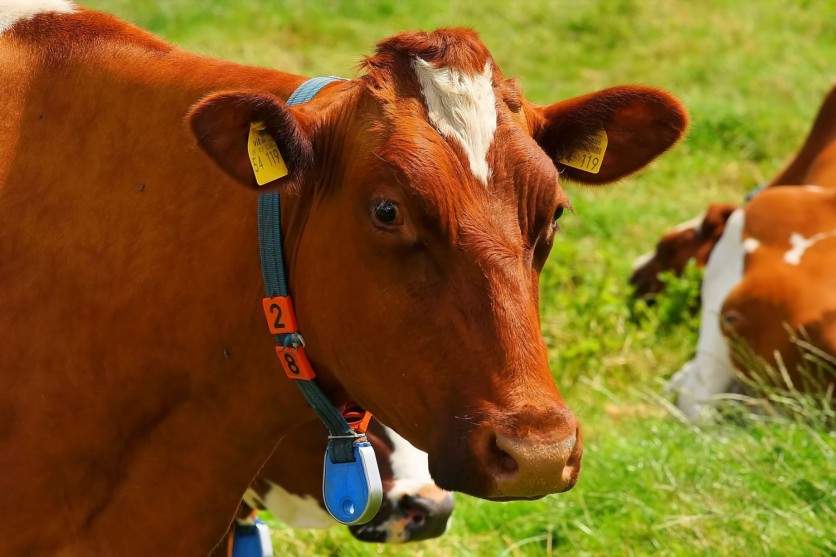The global bird flu (H5N1) outbreak is rampant and widespread. The US has seen its fair share of how it affects livelihood and food, and it is now allotting almost $100 million to prevent its further escalation.
More particularly, the United States is going the extra mile to protect its cows, as recent reports claimed that it is spreading to cattle, affecting the beef and milk products from the animals.
It is known that bird flu can mutate and spread to humans, and one cause is the direct consumption of the affected animals and their products.
Bird Flu 2024: $100M US Budget Allotted to Protect Cows

The current H5N1 bird flu outbreak has affected cows, and Forbes reported that the United States has already allotted as much as $100 million to prevent its further spread and protect the country's cattle.
The outbreak is traced back to 2020, during the height of the COVID-19 pandemic, and the ongoing problem widely affected United States cows.
In a new FDA announcement, the agency claimed it committed an additional $8 million to the US budget to protect the country's commercial milk supply.
On the other hand, the US Department of Agriculture committed to a $28,000 subsidy per farm in the US to help protect it from the disease, with the overall pledge totaling $98 million.
Cattle Bird Flu: Protecting Beef and Milk Products
There are several cases of the disease's spread to humans in various US states, pointing to several reasons, including bird exposure, consuming beef products infected by H5N1, and milk products showing signs of the virus, which made consumers sick.
Agencies are now looking at further ways to protect cows from the virus, but there are still massive risks as migratory birds may carry it and bring it to various places in the country.
The Bird Flu Outbreak in the Present
Last year, the alarm was raised by the World Health Organization (WHO) that a bird flu H5N1 outbreak is amongst us, and it has been seen that it already spread to other mammals over the past.
WHO also believed that if not careful, it could eventually spread to humans and is best known to not be exclusive to the avian family, but it claimed that the risk was still low in 2023.
Various groups and medical organizations have warned the world about the avian flu outbreak, which is a rising problem now, especially as other animals are experiencing its effects.
Apart from this, other mammals are feared to be "mixing vessels" as other diseases may mutate with the bird flu and create new strains or viruses that are yet to be discovered by researchers.
It has been only four years since the massive COVID-19 pandemic, which effectively shut down the whole world. Before that, it was the 2009 H1N1 virus, also known as the swine flu, which came from animals.
Bird flu is among us, and while it does not yet affect humans, the United States is now preparing to prevent its spread to cows with its new $100 million funding and avoid another pandemic.

ⓒ 2025 TECHTIMES.com All rights reserved. Do not reproduce without permission.




